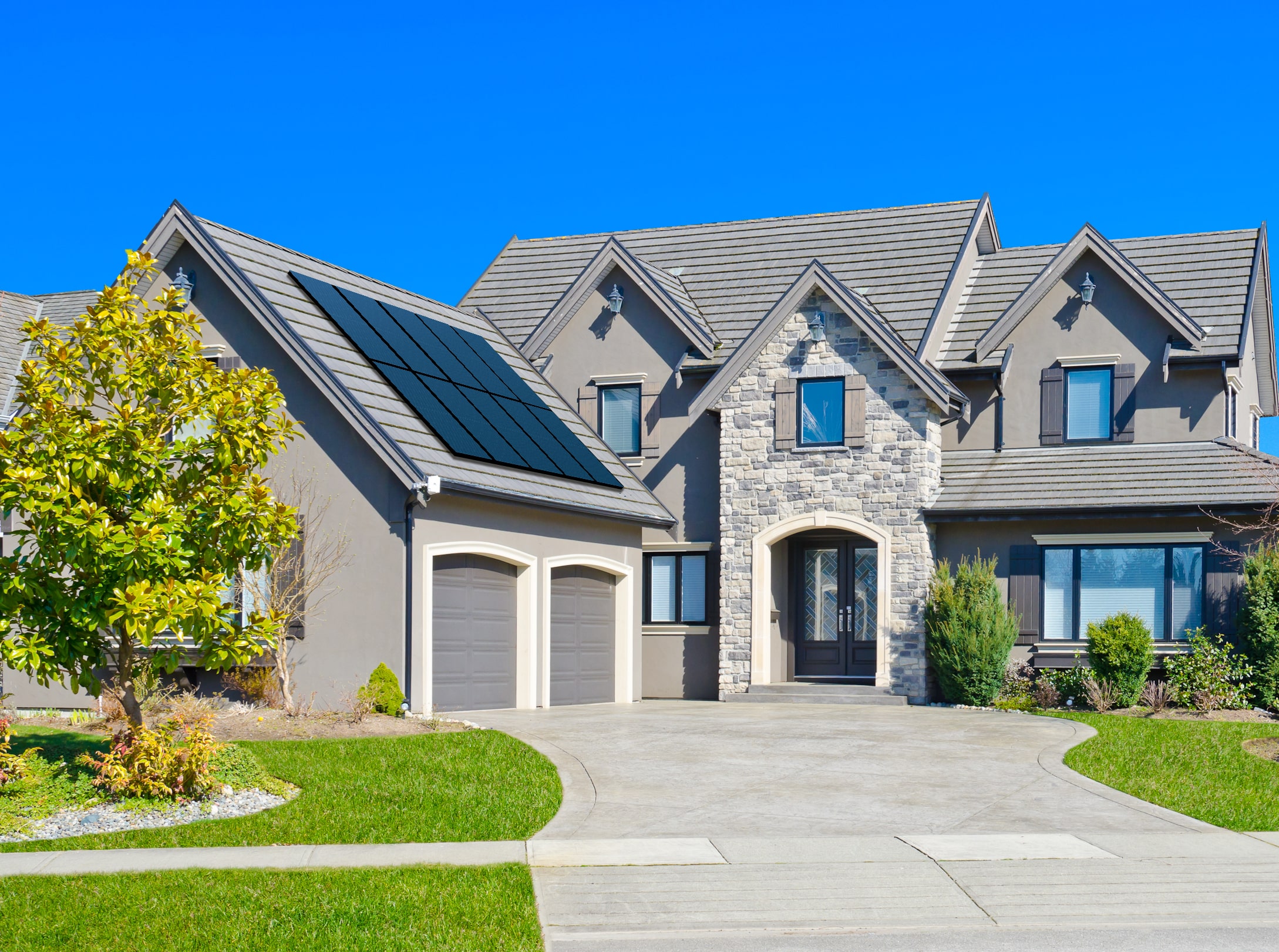Frequently Asked Questions:
Solar panels typically have a lifespan ranging from 25 to 30 years, or even longer in some cases. This longevity doesn't imply that your rooftop panels will suddenly cease to generate electricity after a couple of decades. Rather, it suggests that their energy output will gradually diminish to a level deemed satisfactory by solar panel manufacturers for meeting the typical energy demands of a household. By providing diligent care and maintenance, you can anticipate enjoying substantial solar advantages for the subsequent 20 to 30 years.
Yes, with a backup battery such as Tesla, Franklin or Enphase you will be able to store your excess energy and use that energy during a power outage or at night when the sun is not present.
The amount of savings when going solar varies from state-to-state in accordance with local utility costs. With Breeze as your solar provider, you can be certain that your utility costs will be less than what you are currently paying. When you contact Breeze, a representative will help you understand what you can expect to save by going solar in your area.
Your home will continue to be connected to the electrical grid. Excess energy from your solar panels will return to the grid and you will receive that energy back at night at no cost.
Each household is unique. When determining the appropriate number of solar panels for your residence, consider the following inquiries:
What is your power consumption? Refer to your electricity bills to ascertain your annual kilowatt-hour (kWh) usage. We will thoroughly discuss this during your complimentary solar consultation to determine the optimal power output required from your panels.
What is the prevailing climate in your area? The quantity of panels necessary is influenced by the amount of sunlight reaching the ground in your location.
How much direct sunlight does your roof receive? Factors such as shading, roof orientation, and personal aesthetic preferences can affect the size of the system required.
After solar panels are installed on your home, you begin producing power. Any excess power your home doesn’t use will be sent back to your utility company. Your electric meter will run backwards. You will feed excess energy to the utility company during the day and then receive it back during the nighttime, at no cost.
Several studies have shown that installing solar panels immediately adds value to your home and can help it sell faster.


